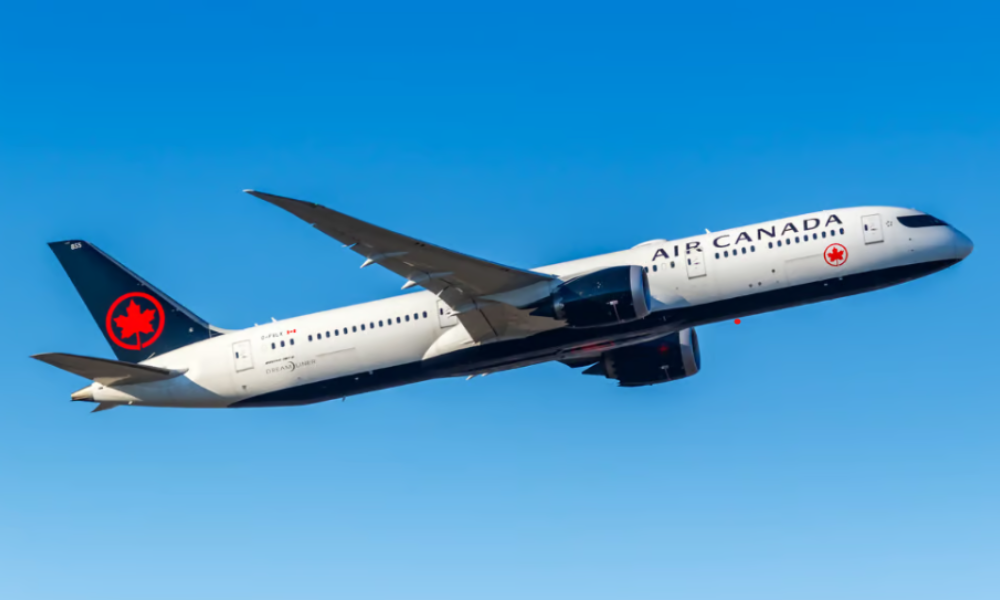Air Canada's new agreement with over 5,200 pilots promises growth flexibility and improved work-life balance

Air Canada has announced that it welcomes the approval of a new collective agreement by its pilots.
The pilots, represented by the Air Line Pilots Association (ALPA), have approved the four-year agreement, which is retroactive to September 30, 2023.
The deal was ratified by 67 percent of the pilots, who had been in negotiations with the airline for over a year. This agreement covers more than 5,200 pilots at both Air Canada and its subsidiary, Air Canada Rouge.
The agreement comes with a cumulative wage increase of nearly 42 percent over four years. As reported by BNN Bloomberg, this increase outpaces gains seen by pilots at major US airlines, where pay rises ranged between 34 and 40 percent, though starting from a higher baseline.
The contract is set to expire on September 29, 2027.
Air Canada welcomed the result of the vote, with CEO Michael Rousseau stating, “We are very pleased this new collective agreement has been approved by our pilot group.”
He added that the agreement “will keep our pilots the best compensated in Canada” while providing the airline with “flexibility and a framework for future growth.”
The tentative agreement, which was reached in mid-September, had avoided a potential strike that could have caused the cancellation of around 670 flights daily, affecting 110,000 passengers.
The pilots' union had held roadshows in recent weeks to present the terms to its members, who ultimately voted 99 percent in the ratification process.
According to BNN Bloomberg, the agreement addressed concerns over entry-level pay and quality-of-life provisions for pilots.
Despite the approval, around one-third of pilots voted against the deal, indicating ongoing dissatisfaction with issues such as scheduling and a significant pay gap between newer employees and more experienced flight crews.
The new contract shortens the period of lower pay for newer pilots from four years to two, though the disparity between early-career and veteran pilots remains considerable.
Charlene Hudy, the head of ALPA's Air Canada contingent, commented on the deal, noting, “This agreement helps restore what Air Canada pilots have lost over the past two decades and creates a strong foundation from which to build on.”
Pilots working roughly 75 hours per month — a typical baseline in the industry — will see entry-level salaries ranging from $75,700 to $134,000, with significant jumps in pay by the fifth year.
More experienced captains flying larger aircraft, such as the Boeing 777, could earn over $367,000 per year. This pay structure, however, highlights the ongoing divide between entry-level and seasoned pilots.
As BNN Bloomberg reported, the deal aims to stabilize Air Canada’s operations and provide better conditions for pilots, but challenges remain regarding work-life balance and scheduling flexibility, concerns that were at the forefront of negotiations.
The new agreement reflects the airline's effort to provide both competitive compensation and operational stability, ensuring that Air Canada remains on a path of growth while addressing the demands of its pilot workforce.



